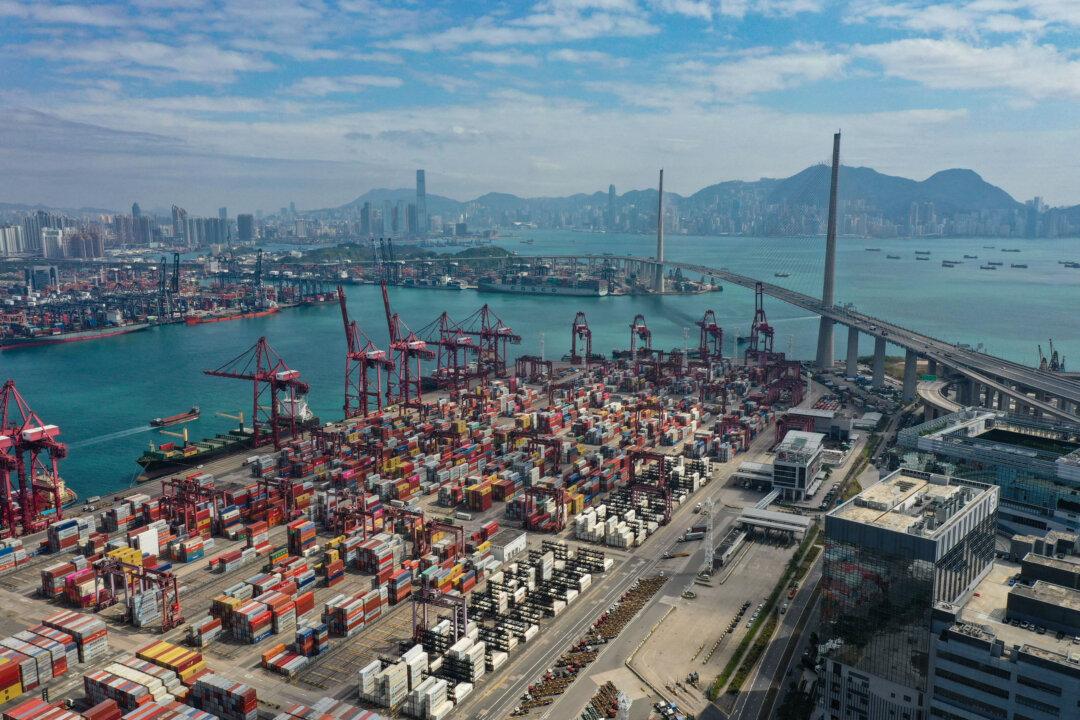Beijing will impose visa restrictions on some U.S. government personnel for speaking out about Hong Kong, China’s Ministry of Foreign Affairs announced on Dec. 10.
The Chinese foreign ministry spokesperson said that “Hong Kong is China’s Hong Kong” and that U.S. sanctions against Chinese officials interfered with “China’s internal affairs.”





